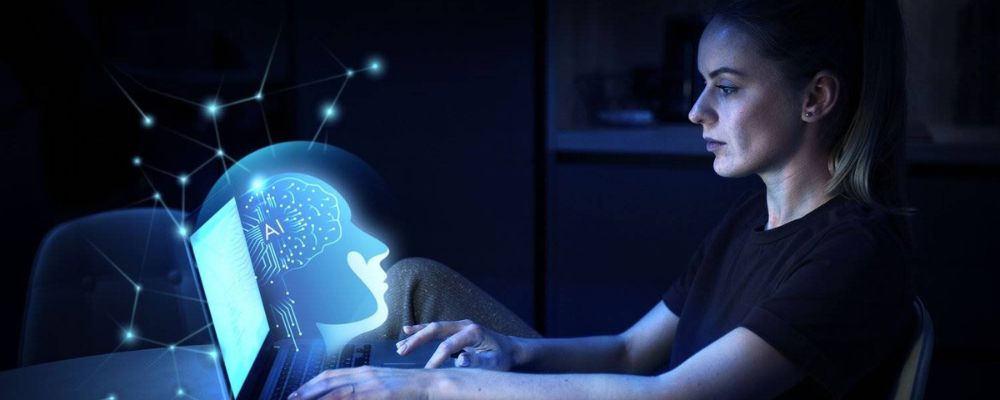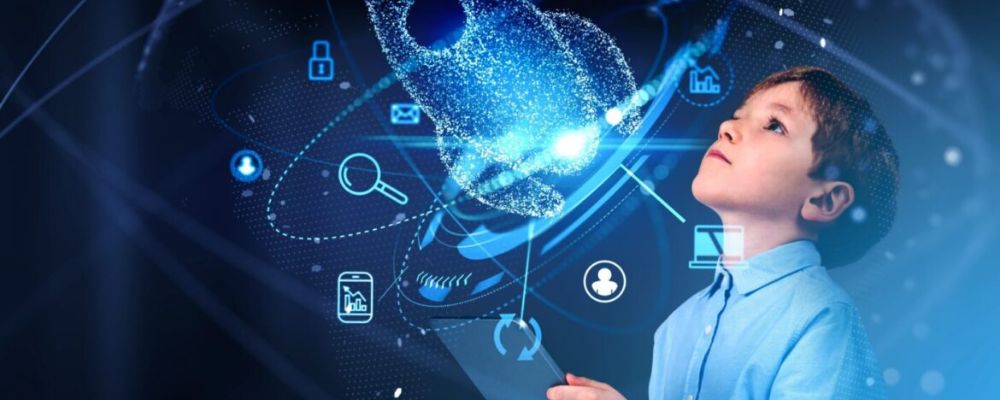
Artificial Intelligence (AI) has been revolutionizing numerous industries, from healthcare to finance, and now it’s making waves in the world of music. AI-generated music is becoming increasingly popular, raising the question: Is the future of music composition machine-made? In this blog, we’ll explore how AI is reshaping music creation, its impact on artists and the industry, and what the future holds for AI in music composition.
What is AI-Generated Music?
AI-generated music refers to compositions created using artificial intelligence algorithms. These algorithms analyze vast amounts of music data, learning patterns, styles, and structures from various genres and artists. By applying machine learning techniques, AI can generate original music that mimics these styles or even create entirely new compositions.
Key Points:
- AI in music analyzes data from existing compositions.
- Machine learning algorithms are used to generate new music.
- AI-generated music can replicate existing styles or create new ones.
How Does AI Compose Music?
The process of composing music using AI involves several steps. Initially, the AI system is trained on a dataset containing thousands of songs across different genres. This training helps the AI learn musical elements such as melody, harmony, rhythm, and tempo. Once trained, the AI uses deep learning models, like neural networks, to generate new compositions based on the patterns it has learned.
AI music composition tools like OpenAI’s MuseNet and Google’s Magenta have shown impressive results. MuseNet, for instance, can compose music in various styles, from classical to contemporary, blending elements from different genres seamlessly.
Key Points:
- AI systems are trained on large datasets of music.
- Deep learning models help AI understand and replicate musical elements.
- Tools like MuseNet and Magenta showcase AI’s capability in music composition.
The Benefits of AI in Music Composition
- Speed and Efficiency: AI can compose music much faster than humans. What might take a human composer weeks or months can be done by AI in a matter of minutes. This speed allows artists and producers to experiment with more ideas in less time.
- Innovation and Creativity: AI opens up new possibilities in music creation, enabling composers to explore uncharted territories. AI-generated music can blend genres, create unique soundscapes, and introduce innovative elements that may not have been considered by human composers.
- Accessibility: AI tools make music composition more accessible to individuals who may not have formal training in music theory or composition. Aspiring musicians can use AI to create high-quality music without needing extensive knowledge or experience.
Key Points:
- AI significantly reduces the time needed for music composition.
- It fosters innovation by enabling unique blends of genres and styles.
- AI tools democratize music creation, making it accessible to a broader audience.
Challenges and Ethical Considerations
While AI-generated music presents many opportunities, it also raises several challenges and ethical concerns. One significant concern is the originality of AI-composed music. Since AI algorithms are trained on existing works, there is a risk of unintentional plagiarism or lack of originality.
Another concern is the impact on human composers and musicians. If AI-generated music becomes more prevalent, it could potentially reduce opportunities for human artists, leading to job displacement and changes in the music industry landscape.
Key Points:
- There are concerns about the originality and authenticity of AI-generated music.
- AI’s impact on human musicians and potential job displacement is a critical issue.
- Ethical considerations include the possibility of plagiarism and copyright infringement.
The Future of AI in Music Composition
The future of AI-generated music looks promising, with continued advancements in machine learning and artificial intelligence. As AI technology evolves, we can expect even more sophisticated music compositions that can rival those created by humans.
However, it’s essential to view AI as a tool that can complement human creativity rather than replace it. AI-generated music can serve as inspiration, provide new ideas, and enhance the creative process for composers and musicians.
Key Points:
- The future of AI in music is bright, with ongoing technological advancements.
- AI should be seen as a tool that enhances rather than replaces human creativity.
- Collaboration between AI and human composers could lead to groundbreaking music.
Conclusion
AI-generated music is undoubtedly a fascinating development in the music industry. As we explore the potential of machine-made compositions, it’s crucial to balance the benefits of AI with the need to preserve human creativity and originality. The future of music may well include a harmonious blend of AI innovation and human artistry, leading to a new era of musical expression.






